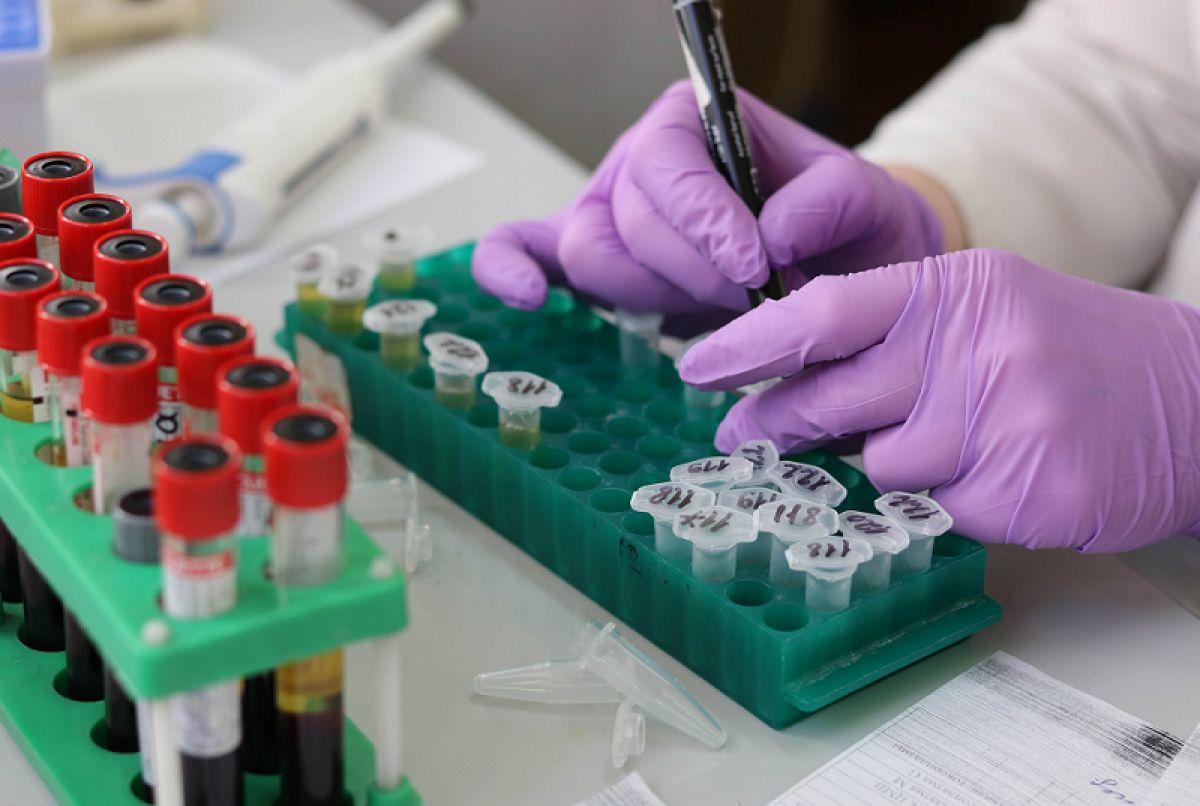Greek athlete Konstantinos Dimou banned for anti-doping rule violation
Para powerlifter receives three-year ban for returning an adverse analytical finding at the Dubai 2022 Para Powerlifting World Cup 12 Oct 2023
The International Paralympic Committee (IPC) has banned Para powerlifting athlete Konstantinos Dimou for a period of three years for committing an anti-doping rule violation (ADRV), in breach of the IPC Anti-Doping Code.
The Greek athlete returned an adverse analytical finding (AAF) for Prohibited Substances in a urine sample provided in-competition on 17 December 2022 during the men’s over 107 kg competition at the Dubai 2022 Para Powerlifting World Cup.
The substances were drostanolone and oxandrolone. The substances are included on the World Anti-Doping Agency (WADA) 2022 Prohibited List under the class S1.1 (Anabolic Androgenic Steroids).
The athlete was provisionally suspended by the IPC on 27 January 2023 pending a resolution of his case.
The athlete subsequently accepted the commission of the ADRV and the Consequences proposed by the IPC.
As a result of his violation, the athlete will be ineligible for competition and other sporting activities (other than authorised anti-doping education or rehabilitation programs) for three years from 27 January 2023 to 26 January 2026.
The results obtained by the athlete in the men’s over 107 kg competition at the Dubai 2022 Para Powerlifting World Cup are automatically disqualified, with all resulting consequences, including forfeiture of any medals, points and prizes. All other results obtained by the athlete from the date the sample was collected until the commencement of the provisional suspension are also disqualified, with all resulting consequences, including forfeiture of any medals, points and prizes.
Each athlete is strictly liable for the substances found in their sample. An ADRV occurs whenever a prohibited substance (or its metabolites or markers) is found in their bodily specimen, whether or not the athlete intentionally or unintentionally used a prohibited substance or was negligent or otherwise at fault.
As a signatory of the World Anti-Doping Code (the WADC), the IPC remains committed to a doping-free sporting environment at all levels. The IPC has established the IPC Anti-Doping Code in compliance with the general principles of the WADC, including the WADC International Standards, expecting that, in the spirit of sport, it will lead the fight against doping in sport for athletes with an impairment.




